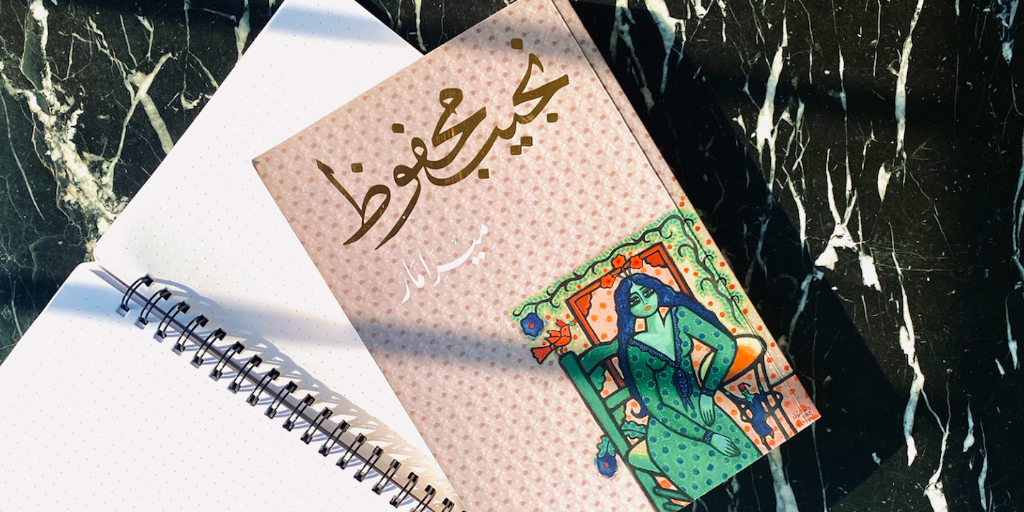The first vivid memory I have of Arabic class was plotting how to skip it; my last memory is being talked out of the Thanaweya Amma language exam by a friend. I sat the test anyway, ran a ball-point pen over cheap paper and bounced a leg when I couldn’t scrape meaning off the words I was seeing. My mother hadn’t forced me, but her winded, heart-broken arguments had. She couldn’t fathom how I’d muzzled my native language in favor of English: a colonial tongue neither of us had been born knowing. Sitting in that beat-up public school, taking an exam I could hardly read, didn’t humble me. It infuriated me. There was no reason to be there, not when privilege had given me English. It’s the worst kept secret in Egyptian private schooling: Arabic proficiency was for those who could not afford to speak any other language. It was for the children in blue-grey public school uniforms and the kiosk owner with the Sa’idi accent, it was for the sharp-tongued sailor from Banha and his three teenage boys. It was for everyone other than us. Arabic was not a…



